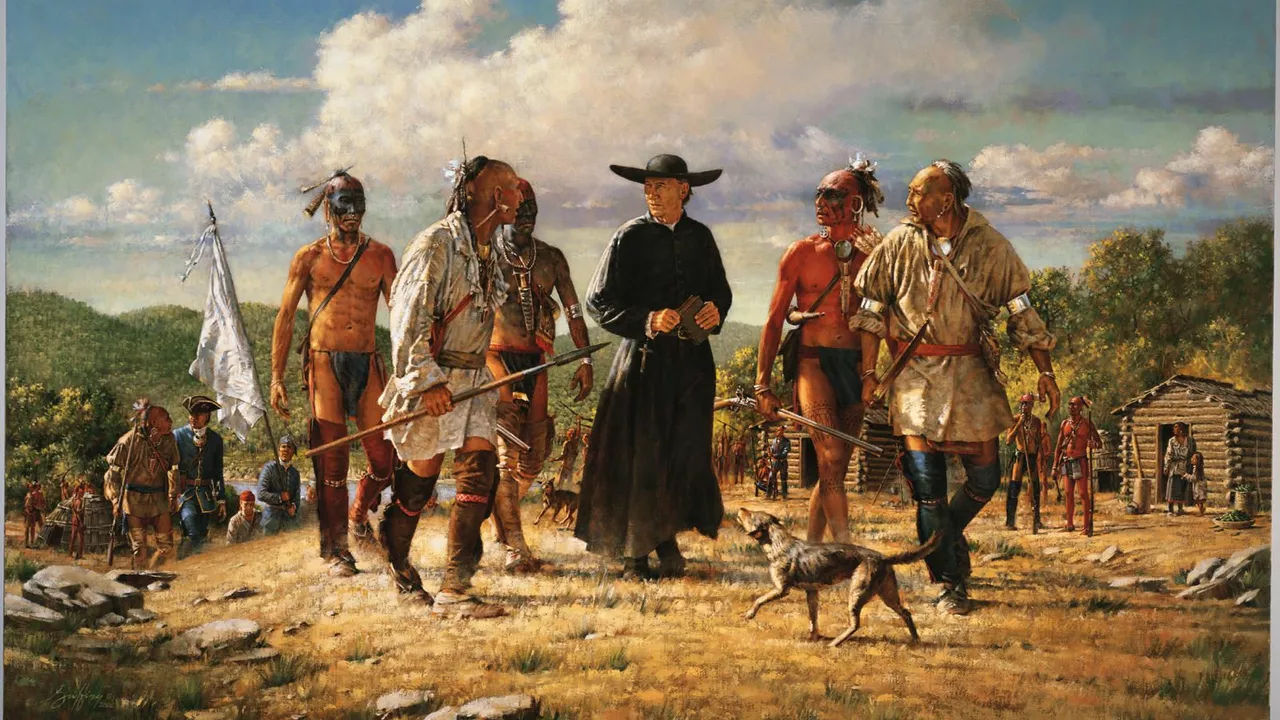Colonization: What It Is and Why It Still Matters
Ever wondered why maps look the way they do or why some languages dominate certain regions? The answer often ties back to colonization – the process where one country takes control of another’s land, resources, and people. It’s not just a chapter in a textbook; its effects ripple through politics, economics, and culture even now.
How Colonization Started and Spread
In the 15th century, European explorers set sail looking for new trade routes. When they found islands and continents rich in spices, gold, and other goods, they didn’t just trade – they claimed ownership. Nations like Spain, Portugal, Britain, France, and the Netherlands set up colonies across the Americas, Africa, Asia, and the Pacific. They built forts, planted cash crops, and forced locals into labor systems that benefited the colonizers.
People often think colonization was only about land. In reality, it also meant imposing new laws, religions, and languages. For example, the English language spread far beyond Britain because of its colonies, and Christianity grew through missionary work that accompanied settlement.
Lasting Impacts You See Today
Fast forward to the 21st century, and you still see the footprints of colonization. Borders drawn by colonial powers sometimes ignore ethnic or tribal boundaries, leading to conflicts in places like the Middle East and Africa. Economic gaps also trace back to colonial policies that prioritized exporting raw materials over building local industry.
Culturally, colonization created hybrid societies. Think of Indian cuisine mixing British tea traditions or Caribbean music blending African rhythms with European instruments. These blends are vibrant reminders that cultures can adapt and thrive even after forced changes.
On the political front, many former colonies gained independence after long struggles. The decolonization wave of the mid‑20th century reshaped the global map, yet former colonizers often kept economic influence through trade deals and multinational companies.
Understanding colonization helps us see why some nations still grapple with poverty, language wars, or disputed borders. It also highlights the resilience of peoples who, despite oppression, built new identities and pathways forward.
So, why should you care? Knowing the history of colonization equips you to think critically about current global issues. Whether you’re discussing trade policies, cultural appropriation, or international aid, the roots often go back to colonial actions.
Next time you read about a country’s development challenges, ask: how did colonization shape its start? That question opens up a deeper, more nuanced conversation about fairness, responsibility, and progress.
